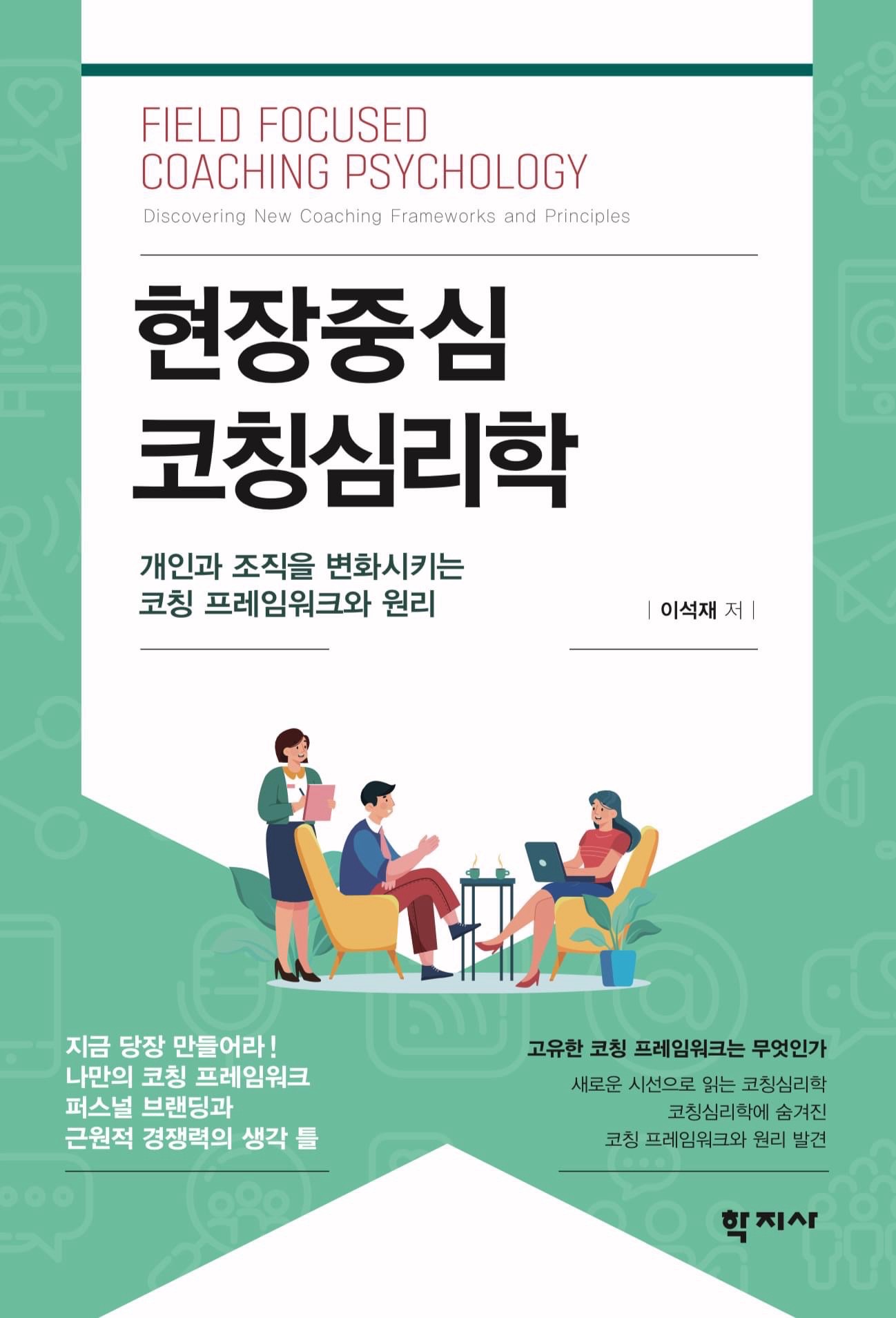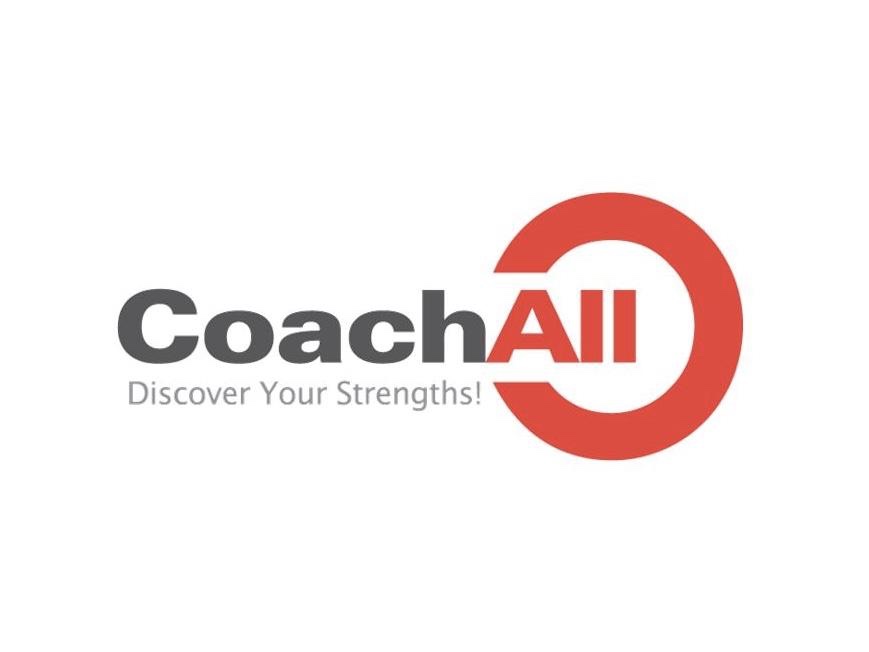| 일 | 월 | 화 | 수 | 목 | 금 | 토 |
|---|---|---|---|---|---|---|
| 1 | 2 | 3 | 4 | 5 | 6 | 7 |
| 8 | 9 | 10 | 11 | 12 | 13 | 14 |
| 15 | 16 | 17 | 18 | 19 | 20 | 21 |
| 22 | 23 | 24 | 25 | 26 | 27 | 28 |
- 코치올
- 코칭방법론
- 코칭심리학 공부방
- 관점 전환
- 이종서 코치
- 관점 코칭
- 3S-FORM Coaching Model과 뇌과학의 결합
- 결정적 행동
- 생각 파트너 이석재생
- 씽킹 파트너
- 실행력을 높이는 코칭심리학 수업
- 생각 파트너 이석재
- 현장중심 코칭심리학
- 떠도는 마음 사용법
- Effectiveness Coaching Model
- Coach Sukjae Lee
- 효과성 코칭 모델
- 증거기반코칭
- Sukjae Lee Ph.D.
- 효과성 코칭
- thinking partner
- Effectiveness Coaching Methodology
- 경영심리학자의 효과성 코칭
- 효과성 코칭 방법론
- 3S-FORM Coaching Model
- 미위마인드 mewemind.com
- 원하는 결과
- Effectiveness Coaching
- 효과성 프레임워크
- 현징증심 코칭심리학
- Today
- Total
코치올
Core Differences Between Effectiveness Coaching and General Coaching 본문
Core Differences Between Effectiveness Coaching and General Coaching
생각파트너 이석재 2025. 11. 18. 16:39Sukjae Lee Ph.D.
Creator of the Effectiveness Coaching Methodology
2025. 11. 18
Effectiveness Coaching vs. General Coaching
Google Gemini's answer is as follows:
The core concept that distinguishes Effectiveness Coaching from other general coaching models and approaches is the clarity of performance measurement and the systematic structure of its methodology.
| Feature | Effectiveness Coaching | General Coaching (e.g., GROW) |
| 1. Primary Goal | Maximizing the 'Possibility of achieving desired results (Effectiveness)' | Facilitating client goal setting and potential discovery |
| 2. Methodological Basis | Based on Business Psychology; Dr. Sukjae Lee's proprietary model | Based on Humanistic Psychology; various philosophical backgrounds |
| 3. Performance Measurement | Evidence-Based. Emphasizes quantitative measurement using objective diagnostic tools like ELA, TEA. | Primarily relies on client's subjective satisfaction and goal attainment. Quantitative measurement varies by coach discretion. |
| 4. Focus of Behavioral Change | Focuses on Critical Behaviors. Concentrates on the few key actions that yield the greatest impact on results. | Explores and implements a wide range of actions related to the set goal. |
| 5. Inner Change Model | Systematically uses the 3S Engine (Self-Awareness, Self-Talk, Self-Reflection) to connect cognitive change with behavioral change. | Primarily focuses on increasing self-awareness through questioning. Lacks a formalized structure for the inner change process. |
| 6. Coach Role | Emphasizes the role of a Professional Partner who assists the client in enhancing their effectiveness. | Emphasizes the role of a Facilitator who helps the client find their own answers. |
💡 Three Key Differentiating Factors of Effectiveness Coaching
The main factors that establish Effectiveness Coaching as a distinct methodology are:
1. Use of Quantitative Measurement Tools
While most coaching relies on client 'feelings' or 'satisfaction,' Effectiveness Coaching uses standardized diagnostic tools like the ELA (Effective Leadership Assessment) before and after coaching. This provides objective data on changes in leadership skills, organizational commitment, and contribution to goal achievement. This is a powerful differentiator, especially in corporate coaching where results are paramount.
2. Structured Approach Centered on 'Critical Behaviors'
The coaching goal is established by identifying the Critical Behaviors—the actions that have the greatest leverage on desired outcomes—and focusing all coaching effort on the implementation of these specific actions.
This approach concentrates energy on the most effective areas, significantly increasing the probability of producing tangible results within a short period.
3. Systematic Application of Perspective Shifting
Effectiveness Coaching systematically utilizes a framework of 15 types of perspective shifting strategies to change the client's non-constructive cognitive framework. This is more than just 'asking questions'; it is a systematic cognitive strategy designed to expand the client's frame of reference and help them discover new solutions.
효과성 코칭(Effectiveness Coaching)이 다른 일반적인 코칭 모델 및 접근 방식과 구별되는 가장 큰 핵심 차이점은 성과 측정의 명확성과 방법론의 체계적인 구조입니다.
References
Lee, Sukjae (2006). Develop 18 Core Leadership Competencies. Seoul: Kim & Kim Books.
Lee, Sukjae (2014). Effectiveness Coaching by a Business Psychologist. Seoul: Kim & Kim Books.
Lee, Sukjae (2019). Thought Revolution That Changes My Life. Seoul: Wildbooks.
Lee, Sukjae (2020). Coaching Methodology. Seoul: Korea Coaching Supervision.
Lee, Sukjae (2020). How to Use a Wandering Mind. Seoul: Plan B Design.
Lee, Sukjae (2023). Field-Focused Coaching Psychology. Seoul: Hakjisa.
Lee, Sukjae (2024). Coaching Psychology Class for Boosting Execution. Seoul: Hakjisa.
Lee, Sukjae (2024). Thinking Partner. Gyeonggi: Moa Books.
Lee, Sukjae & Lee, Jongseo (2025). Perspective Shift. Seoul: Parkyoungstory.
🆚 효과성 코칭과 일반 코칭의 핵심 차이점
| 구분 | 효과성 코칭 (Effectiveness Coaching) | 일반 코칭 (Generic Coaching Models, e.g., GROW) |
| 1. 주요 목표 | '원하는 결과를 얻을 가능성(Effectiveness)' 극대화 | 고객의 목표 설정 및 잠재력 발견 촉진 |
| 2. 방법론적 기반 | 경영심리학 기반, 이석재 박사 고유 모델 | 인본주의 심리학, 다양한 철학적 배경 |
| 3. 성과 측정 | 증거 기반(Evidence-Based). ELA, TEA 등 객관적 진단 도구를 활용한 정량적 성과 측정 강조. | 주로 고객의 주관적 만족도와 목표 달성 여부에 의존. 정량적 측정은 코치 재량에 따라 다름. |
| 4. 행동 변화의 초점 | **결정적 행동(Critical Behavior)**에 집중. 결과에 가장 큰 영향을 미치는 소수의 핵심 행동을 찾아 실행에 집중. | 설정한 목표와 관련된 광범위한 행동 탐색 및 실행. |
| 5. 내면 변화 모델 | 3S (자기인식, 자기대화, 자기성찰) 엔진을 통해 인지적 변화를 체계적으로 유도하고 행동 변화와 연결함. | 주로 질문을 통해 자기 인식을 높이는 데 중점. 내면 변화 과정의 구조화가 약함. |
| 6. 코치 역할 | 고객의 효과성을 높이는 방법을 조력하는 전문적 파트너 역할 강조. | 고객이 스스로 답을 찾도록 돕는 촉진자(Facilitator) 역할 강조. |
💡 효과성 코칭의 차별화 포인트 세 가지
효과성 코칭을 독자적인 방법론으로 만드는 핵심적인 차별점은 다음과 같습니다.
1. 정량적 측정 도구의 활용
대부분의 코칭이 고객의 '느낌'이나 '만족도'에 의존하는 반면, 효과성 코칭은 **ELA(리더십 효과성 평가)**와 같은 표준화된 진단 도구를 코칭 전후에 활용하여 리더십 스킬, 조직 몰입도, 목표 달성 기여도 등의 변화를 객관적인 데이터로 보여줍니다. 이는 특히 성과를 중시하는 기업 코칭 분야에서 강력한 차별성을 가집니다.
2. '결정적 행동' 중심의 구조화된 접근
코칭의 목표를 달성하는 데 필요한 수많은 행동 중에서, **성과에 미치는 영향력이 가장 큰 행동(Critical Behavior)**을 코치와 고객이 함께 식별하고 이를 중심으로 코칭 목표와 실행 계획을 수립합니다.
이 접근 방식은 에너지를 가장 효과적인 곳에 집중시켜 짧은 기간 내에 가시적인 결과를 만들어낼 가능성을 높입니다.
3. 관점 전환(Perspective Shifting)의 체계적 활용
효과성 코칭은 고객의 비효율적인 인지 구조를 바꾸기 위해 15가지 유형의 관점 전환 전략을 구조적으로 활용합니다. 이는 단순한 '질문'을 넘어, 고객의 사고 틀 자체를 확장시키고 새로운 해결책을 찾도록 돕는 체계적인 인지 전략입니다.
이처럼 효과성 코칭은 심리학적 모델을 기반으로 성과 측정을 강화하고, 핵심 행동에 집중하는 구조화된 프로세스를 제공한다는 점에서 일반적인 코칭 모델과 차별화됩니다.
참고 자료
이석재(2006). 18가지 리더십 핵심역량을 개발하라. 서울: 김앤김북스.
이석재(2014). 경영심리학자의 효과성 코칭. 서울: 김앤김북스.
이석재(2019). 내 삶을 바꾸는 생각 혁명. 서울: 와일드북.
이석재(2020). 코칭방법론. 서울: 한국코칭수퍼비전.
이석재(2020). 떠도는 마음 사용법. 서울: 플랜비디자인.
이석재(2023). 현장중심 코칭심리학. 서울: 학지사.
이석재(2024). 실행력을 높이는 코칭심리학 수업. 서울: 학지사.
이석재(2024). 씽킹 파트너. 경기: 모아북스.
이석재.이종서(2025). 관점 전환. 서울: 박영스토리.
 |
 |
 |
'3. 코칭심리연구 > 코칭심리 탐구' 카테고리의 다른 글
| Key Sources and Core Concepts of Effectiveness Coaching (0) | 2025.11.18 |
|---|---|
| The core concept of Effectiveness Coaching (0) | 2025.11.18 |
| Effectiveness Coaching: Competitive Strength at Work (0) | 2025.11.18 |
| Positive Outcomes made by Effectiveness Coaching (0) | 2025.11.18 |
| Self-Talk: Creating an Inner Supporter (0) | 2025.11.18 |





